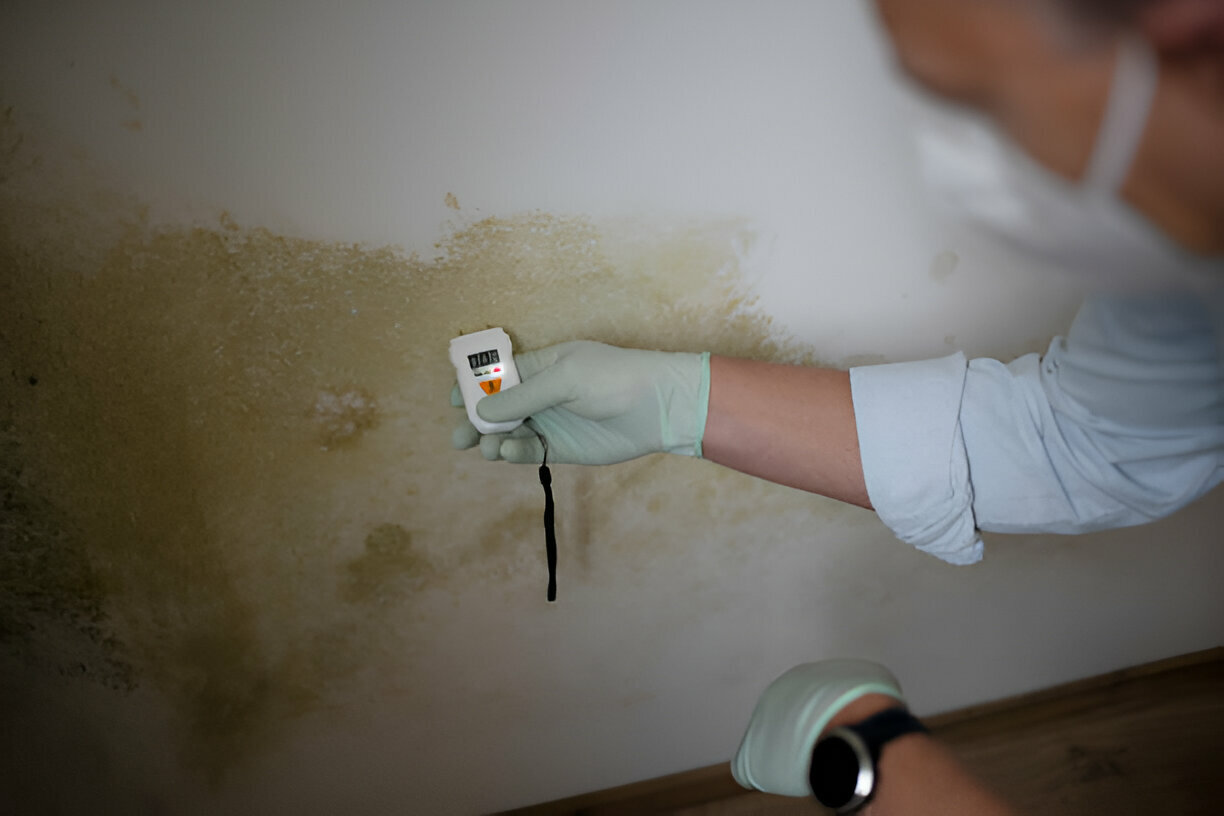Given the city’s unique climate and housing challenges, mold Testing in Detroit is a critical concern for both renters and landlords. With older housing stock, varying humidity levels, and potential water damage issues, understanding mold can protect health, property, and relationships between tenants and property owners. This comprehensive guide will explore everything you need to know about mold testing, its implications, and how to manage mold-related challenges effectively in Detroit’s diverse housing landscape.
Understanding Mold: More Than Just a Nuisance
Mold is more than an unsightly patch on a wall—it’s a living organism that can significantly impact human health and property integrity. In Detroit’s climate, with its humid summers and cold winters, mold can become a persistent challenge for residential properties.
What Exactly is Mold?
Mold is a type of fungus that thrives in moist environments. It reproduces through tiny, lightweight spores that travel through air, water, and surfaces. These microscopic travelers can grow within 24-48 hours in the right conditions, making quick detection crucial.
Types of Mold Common in Detroit Homes
- Aspergillus: Often found in indoor environments
- Penicillium: Typically appears in areas with water damage
- Stachybotrys (Black Mold): Most concerning due to potential health risks
- Alternaria: Commonly found in damp areas like bathrooms
Health Implications of Mold Exposure
Short-Term Health Effects
Mold exposure can cause:
- Nasal congestion
- Throat irritation
- Coughing
- Eye irritation
- Skin rashes
Long-Term Health Risks
Prolonged mold exposure may lead to:
- Respiratory issues
- Asthma development
- Chronic sinus infections
- Potential neurological symptoms
- Immune system complications
Mold Testing: Methods and Approaches
Professional Mold Testing
Air Quality Testing
- Collects airborne mold spores
- Provides a comprehensive overview of mold presence
- Identifies concentration and types of mold spores
Surface Testing
- Involves swab or tape lift samples
- Directly tests visible mold areas
- Determines specific mold species
Moisture Meter Evaluation
- Identifies potential mold-growth areas
- Measures moisture levels in walls, floors, and ceilings
- Critical for preventative assessment
DIY Mold Testing Kits
Pros of Home Testing Kits
- Cost-effective
- Immediate results
- Basic understanding of mold presence
Limitations
- Less accurate than professional testing
- Limited species identification
- May miss hidden mold sources
Legal Landscape: Renter and Landlord Responsibilities
Landlord Obligations
- Maintain habitable living conditions
- Address significant mold issues promptly
- Ensure proper ventilation
- Repair water-related damages quickly
Renter Rights
- Request mold testing if suspected
- Demand timely remediation
- Potential lease termination for severe cases
- Protection under local housing codes
Preventing Mold Growth in Detroit Homes
Moisture Control Strategies
- Use dehumidifiers
- Ensure proper ventilation
- Fix water leaks immediately
- Use exhaust fans in bathrooms and kitchens
Structural Considerations
- Inspect roof and foundation regularly
- Maintain proper drainage
- Seal windows and doors
- Insulate cold surfaces to prevent condensation
Mold Remediation: When and How
Assessment of Contamination Level
Small Areas (Less than 10 square feet)
- Often, it can be handled by property occupants
- Use protective gear
- Follow EPA guidelines
- Use appropriate cleaning solutions
Large Areas (More than 10 square feet)
- Require professional intervention
- Extensive cleaning and potential structural repairs
- This may involve removing and replacing affected materials
Cost Considerations
Mold Testing Expenses
- Professional testing: $300-$1,000
- DIY kits: $10-$50
- Factors affecting cost:
- Property size
- The extent of suspected contamination
- Number of samples needed
Remediation Costs
- Minor area cleanup: $500-$1,500
- Extensive remediation: $2,000-$6,000
- Potential structural repairs: $5,000-$30,000
Insurance and Mold
Homeowner’s Insurance
- Most standard policies offer limited mold coverage
- Typically covers mold resulting from sudden, accidental events
- Gradual damage is often not included
Renter’s Insurance
- Some policies provide mold damage protection
- Limited coverage for personal property
- Additional riders might be necessary
Special Considerations for Detroit’s Housing
Older Housing Stock
- More prone to moisture issues
- Complex restoration challenges
- There is a higher likelihood of hidden mold
Climate-Specific Challenges
- High humidity in summers
- Temperature variations
- Potential flood risks
- Aging infrastructure
Technology in Mold Detection
Modern Detection Tools
- Infrared cameras
- Moisture mapping technology
- Advanced air quality sensors
- Digital moisture meters
Psychological Impact of Mold
Stress and Uncertainty
- Health concerns
- Property value implications
- Potential relocation needs
- The financial strain of remediation
Conclusion: Proactive Approach is Key
Mold testing in Detroit isn’t just a technical procedure—it’s a crucial step in maintaining healthy living environments. By understanding risks, implementing preventative measures, and responding quickly to potential issues, renters and landlords can protect their health, property, and peace of mind.
